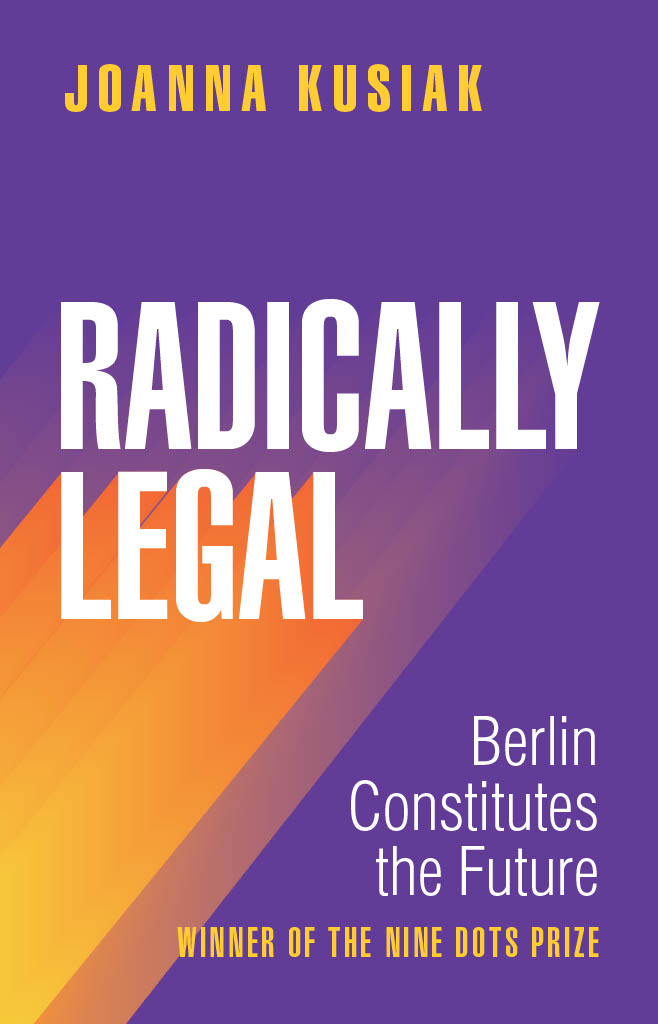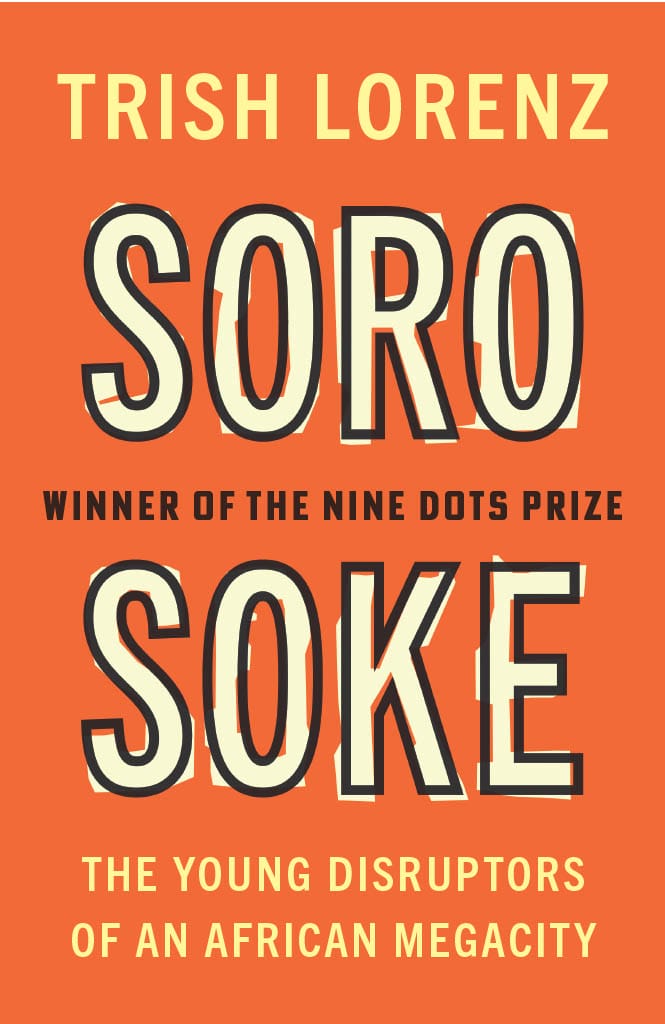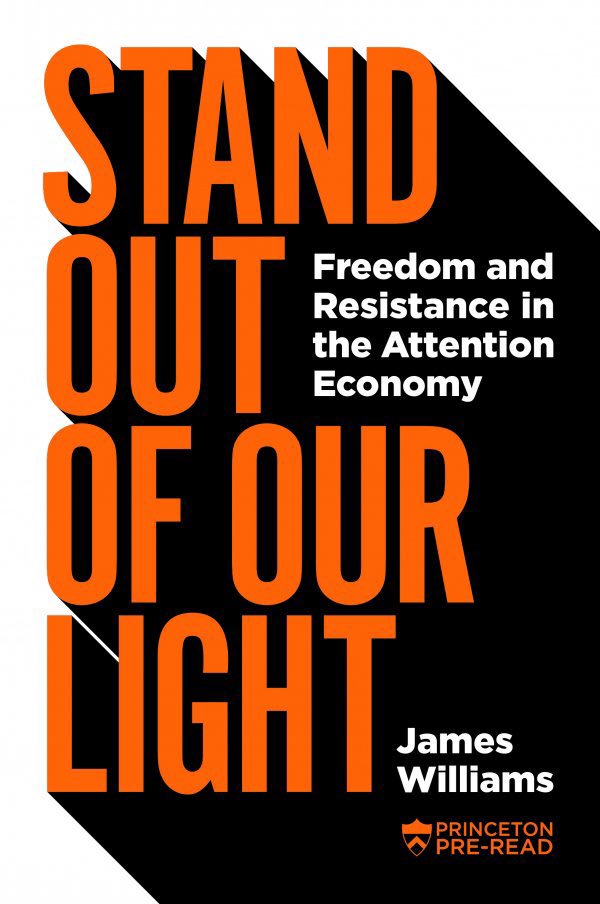
David Runciman on the Nine Dots Prize question
31 October, 2016
Politics at the moment is as noisy as it’s ever been in my lifetime. That is why we at the Nine Dots prize are offering $100,000 for the best answer to the question: are digital technologies making politics impossible? The aim of the prize is to cut through the noise of social and political commentary to get fresh insight into what might be going on underneath.
It’s hard to live through the age of Brexit and Donald Trump, of Jeremy Corbyn and anti-Corbyn, without feeling that something has gone wrong with our democracy. We shout at each other across ever-widening gulfs of sympathy and understanding. We fixate on people and personalities, looking for someone to blame for our mutual incomprehension – “It’s her fault!” “It’s his fault!” – when this only makes the divisions worse. But what if it’s not the people that are the problem? What if it’s the machines through which we increasingly communicate that are causing things to fall apart?
Living through dramatic change is hard because it’s possible to miss what’s really at stake. It is also possible to exaggerate. And, seen from another angle, the most striking thing about our politics is how little has changed.
Digital technologies may have transformed the world around us over the last 25 years: how we shop, how we find love, where we look for news, whom we count as our friends, what we do with our time – all of this and more has been turned upside down. But if you took someone from the early 1990s and transported them into the political world of 2016, it would seem strangely familiar.
It’s still looking unlikely that Trump will actually become president: more probably it will be Hillary Clinton, who is married to a man who was president when the internet was only just getting going. Corbyn is equally unlikely to end up as prime minister. Instead, in Theresa May we have someone who could have come ready minted from an age of Tory politics before the internet was even invented.
If our political leaders are relics of another time, then perhaps what is happening is that politics is not so much being disrupted as being left behind. Certainly that’s the view from some parts of Silicon Valley, where democratic politics is often seen as an analogue inconvenience in a digital world. Why not use information flows to bypass the messy business of politics altogether?
Digital technologies make it far easier than it has ever been to find out what people want – their likes and dislikes – without having to go through the cumbersome business of getting them to vote. You may find that a terrifying prospect. Or you may find it a liberating one. That’s another way in which this is an open question: making politics impossible sounds like something to regret, but if politics has become a barrier in the way of getting things done, could it be something to celebrate?
For now, though, the Silicon Valley worldview remains a minority one. The rest of the world still looks intensely political and the titans of the digital age are vulnerable to its vicissitudes. But politics has a habit of biting back. If Trump wins, even Mark Zuckerberg might find himself wondering what comes next. Politicians still have weapons at their disposal that Google and Facebook can’t match: armies, currencies, taxes.
Yet it’s possible to imagine a near-enough future in which that is no longer the case. A genuinely digital currency – on the blockchain model of Bitcoin – could entirely alter the power of the state. Full blown cyber-warfare – with algorithms not human beings fighting it out – might do the same. Perhaps instead of being left behind by the transformative power of the digital revolution, politics is about to catch up. In that case, all bets are off. Technologies that have the potential to spell the end of analogue politics do not spell the end of politics altogether. What seems impossible for the current generation of politicians may be a sign of what the next generation will have at its disposal.
This question is about more than just the echo chambers of the internet, though it’s about that too. There’s no doubt that digital technologies are changing human behaviour, and not always for the better. The hopes from the dawn of the digital age of a new era of democratic empowerment remain unfulfilled. Intolerance appears to be on the rise. Governments have proved more adept at using this technology to keep an eye on us than we have been at keeping an eye on them.
Digital technologies are the box in which we all increasingly live. Are we trapped? Or does politics still offer a way out? It’s easy enough to despair, or else to think that only time will tell. The real challenge is to figure out the answers before it’s too late.
Professor David Runciman, Nine Dots Prize Board member, originally for the Guardian



